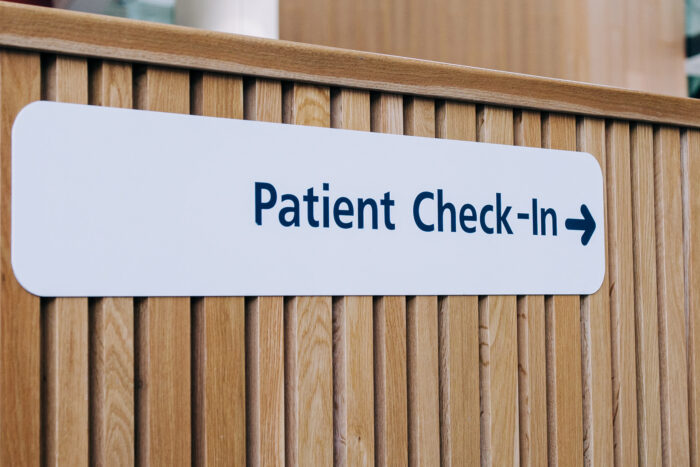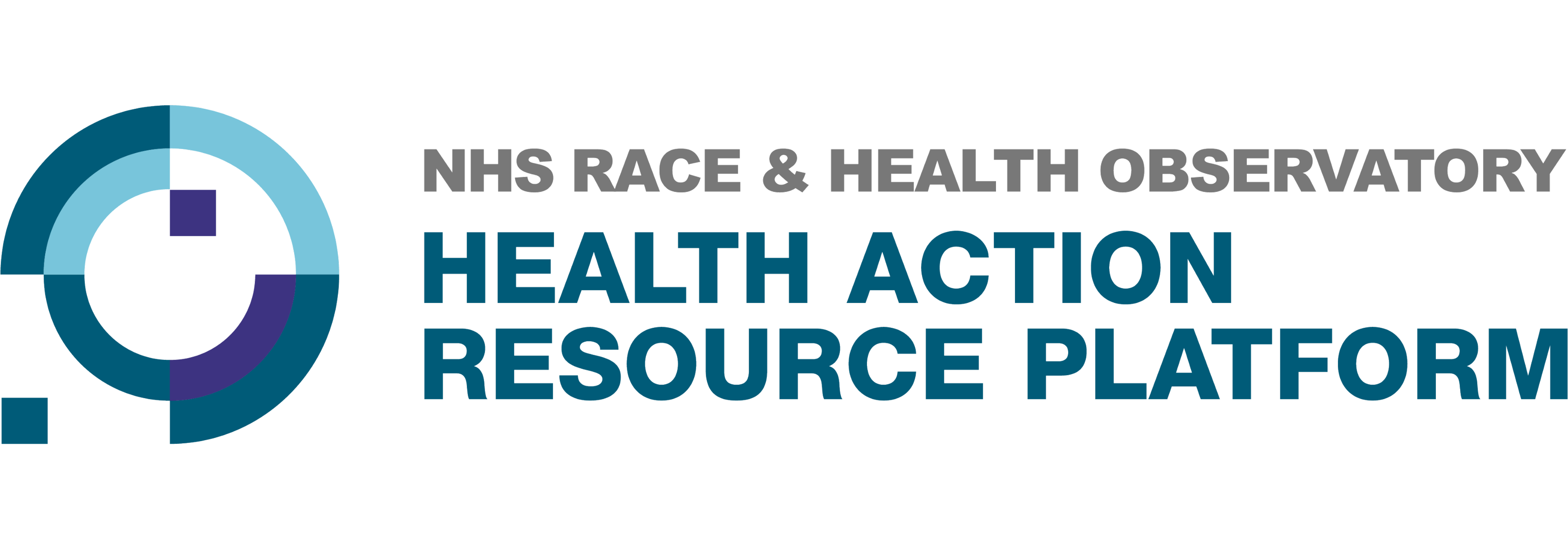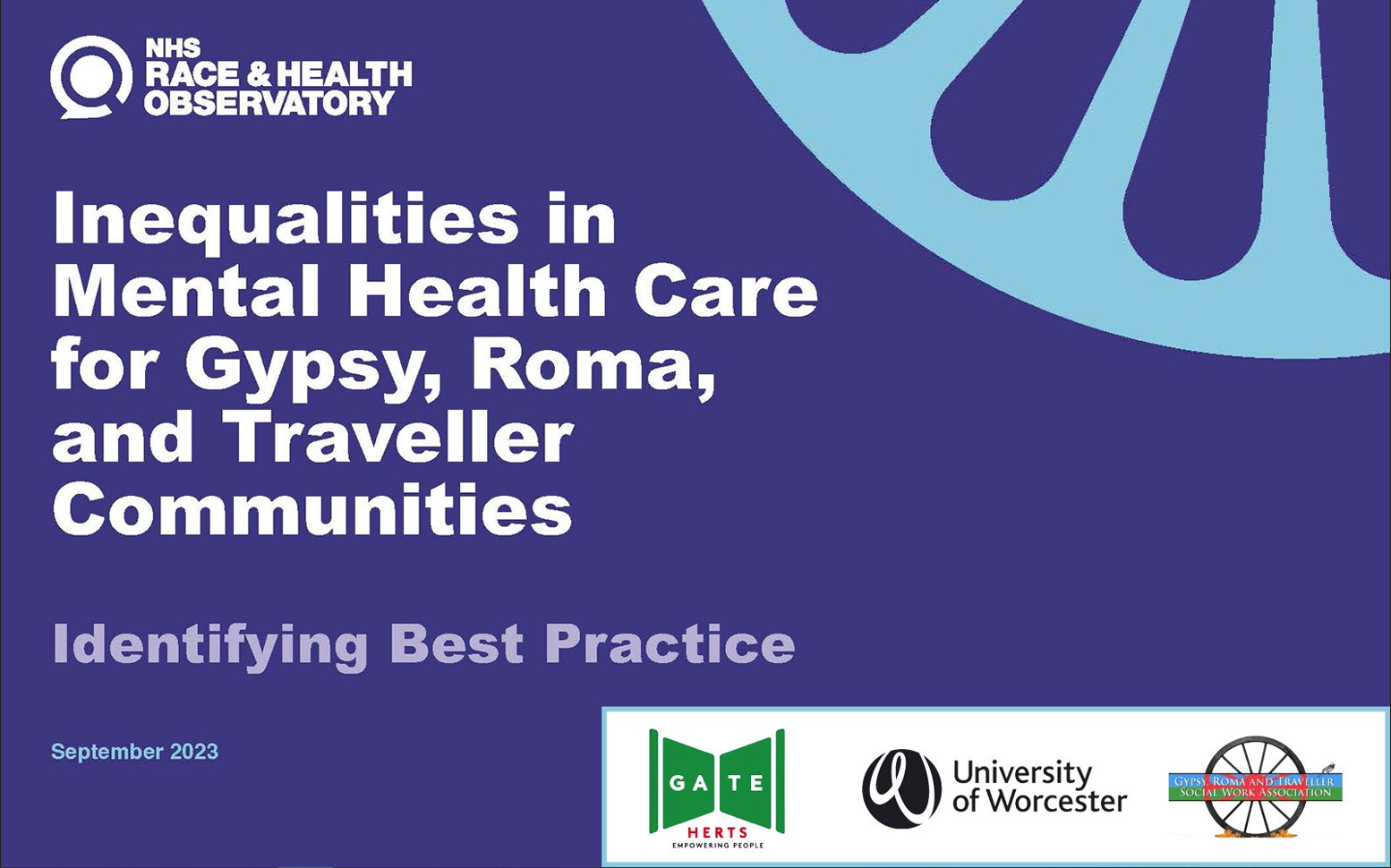This case study is drawn from a programme of research commissioned by the Race and Health
Observatory and published in 2023. As part of this project, the team worked with six services in the
UK and Ireland to understand good practice in mental health services for these communities. To read
more about mental health in Gypsy, Roma, Traveller Communities, you can access the full research
project here: https://nhsrho.org/research/identifying-best-mental-health-practice-with-gypsy-roma-
and-traveller-communities/
Background
Cambridgeshire County Council’s Public Health Gypsy Traveller Team hosts a range of Traveller
services in partnership with the local health trust. Key staff within this initiative include a lead nurse,
a project development worker from the county council, an adult education worker funded by the
health trust, an advocate service worker from Ormiston Traveller Initiative, and a community
development worker. These professionals work together with the aim of providing a Gypsy Traveller
health team that supports all areas of health, wellbeing, child and adult education as well as a men’s
group and general advocacy for items such as benefits, social care, and planning issues.
The research team were particularly focused on the Gypsy Traveller Health Team and their ‘drop-in’
service which caters for approximately 20 community members per week. Two of the key
professionals were themselves Romany Gypsies, but unlike the other similar services, theirs was not
a charitable organisation.
.

“It’s difficult. I think it’s difficult for men to talk about. No one likes to admit that something’s going wrong for him. He has to be the big man.”
Focus group participant
Key learnings from engagement
As part of the Observatory’s research, the team interviewed service users. Interviewees stated that
they relied on the drop-in service and its staff, who had been a constant presence for several years
and had rich relationships with the local families. These staff were available and responsive at all
hours and often arranged medical appointments, as well as explaining systems and correspondence.
Medication seemed to have been the only offer from local GPs who were reported as being very
good, in contrast to experiences elsewhere in the country. Levels of knowledge were low about
alternative therapies, about coming off medication and about the effects of recreational drugs,
usage of the latter by some community members being a cause for concern.
Replicable good practice
- Weekly drop-in advice and advocacy session
- Focus on literacy and routes to employment
- Funded by statutory agencies- County Council and NHS
- Community members employed in lead roles
Inequalities in Mental Health Care for Gypsy, Roma, and Traveller Communities
This case study is part of a report commissioned by the RHO which aims to identify best practice in
mental health for Gypsy, Roma and Traveller communities.


